Home>Home Maintenance>How Much Does A Home Inspection Cost In Wisconsin
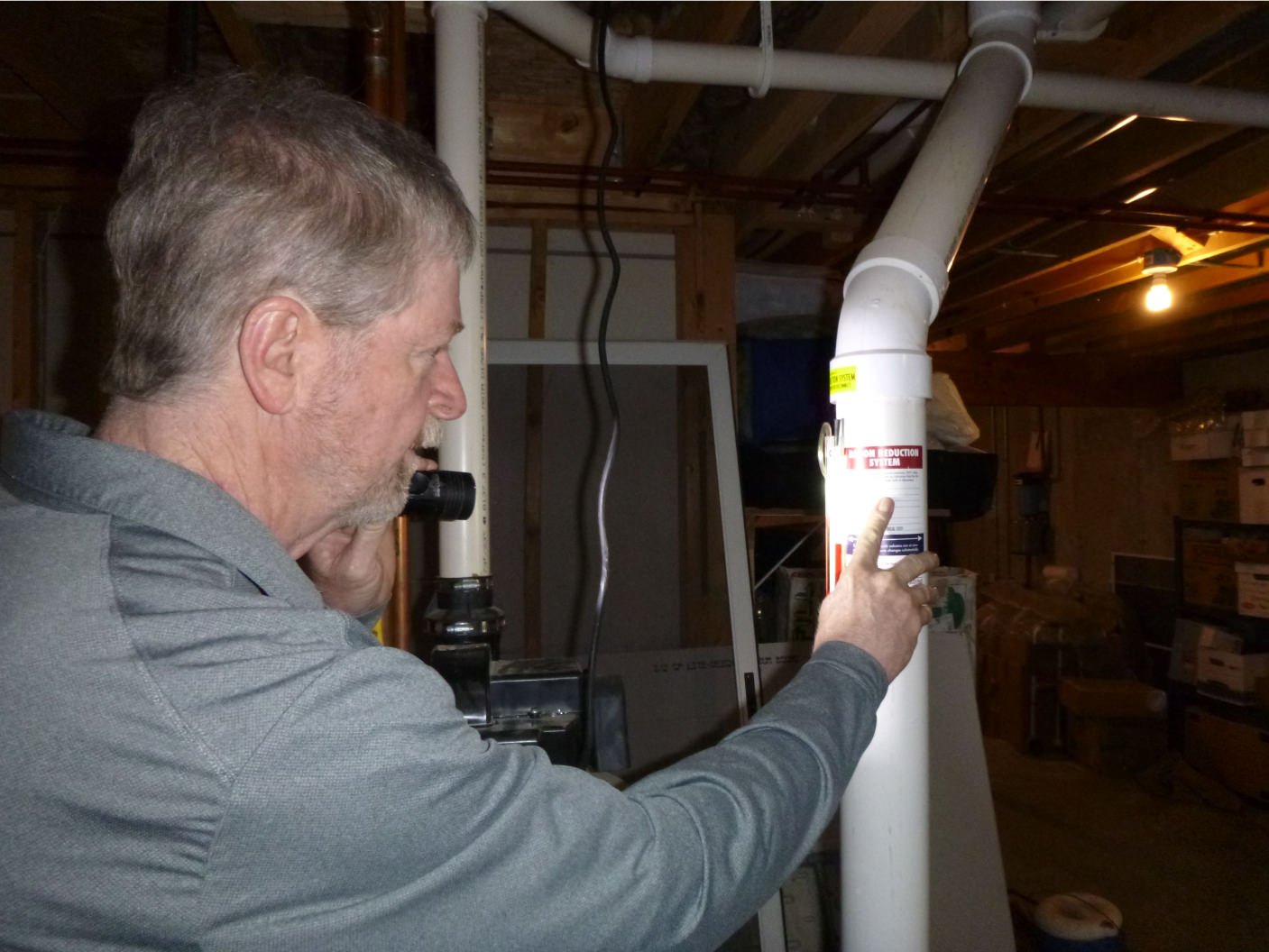

Home Maintenance
How Much Does A Home Inspection Cost In Wisconsin
Modified: March 6, 2024
Find out the cost of home inspections in Wisconsin and ensure your home maintenance is within budget. Learn more about home inspection pricing in Wisconsin.
(Many of the links in this article redirect to a specific reviewed product. Your purchase of these products through affiliate links helps to generate commission for Storables.com, at no extra cost. Learn more)
Introduction
Buying a home is a significant investment, and ensuring its safety and structural integrity is paramount. One crucial step in the home-buying process is a thorough home inspection. A home inspection is a comprehensive examination of a property’s condition, identifying any underlying issues that may affect its value or pose potential risks to the occupants.
In Wisconsin, like in many other states, the cost of a home inspection can vary depending on several factors. It’s important to understand these factors and their impact on the overall cost before scheduling your home inspection.
In this article, we will dive into the factors that influence the cost of a home inspection in Wisconsin, the average cost you can expect to pay, additional services and fees that may be involved, how to choose a reputable home inspector, and the importance of a home inspection in protecting your investment.
Key Takeaways:
- Don’t just focus on the cost of a home inspection in Wisconsin. Consider the size, age, and location of the property, as well as the inspector’s experience and additional services to ensure a thorough and reliable evaluation.
- A home inspection in Wisconsin typically costs $300 to $500, but prioritize the inspector’s qualifications and reputation over the price. Additional services like radon testing and mold inspection may incur extra fees but provide valuable insights into the property’s condition.
Read more: How Much Does Sunroof Repair Cost
Factors that Affect the Cost of Home Inspection
Several factors come into play when determining the cost of a home inspection in Wisconsin. Understanding these factors will help you anticipate and budget accordingly. Here are the key factors that can affect the cost of a home inspection:
- Size of the Property: The square footage of the home is often a primary factor in determining the cost of a home inspection. Larger properties generally require more time and effort to inspect thoroughly, which can result in higher inspection fees.
- Age of the Property: Older homes typically have more complex systems and may require additional time and expertise to inspect. As a result, inspections for older properties may be more expensive compared to newer construction.
- Accessibility and Features: The accessibility of the property and the presence of specific features, such as crawl spaces, basements, or additional structures like detached garages, may require more time and effort to inspect. These factors can influence the overall cost of the home inspection.
- Additional Services: Some home inspectors offer additional services beyond the standard home inspection, such as radon testing, mold inspection, or termite inspection. These services may come with an extra cost, but they can provide valuable insights and enhance the overall inspection process.
- Location: The location of the property can also impact the cost of a home inspection. Inspection fees may vary in different areas, depending on local market conditions and competition among home inspectors.
It’s important to note that while the cost of a home inspection is a significant consideration, it should not be the sole determinant when choosing a home inspector. Quality, experience, and reputation are equally essential factors to consider to ensure a thorough and reliable inspection.
Average Cost of Home Inspection in Wisconsin
The average cost of a home inspection in Wisconsin typically falls within the range of $300 to $500. However, it’s important to remember that this is just an estimate, and the actual cost may vary depending on the factors mentioned earlier.
The size of the property plays a significant role in determining the cost of a home inspection. On average, a smaller property, such as a condo or townhouse, may cost around $300 for a comprehensive inspection. In contrast, larger single-family homes with more square footage may require a higher investment, with inspection fees ranging from $400 to $500.
The age of the property can also impact the cost. Older homes often present more challenges and potential issues compared to newer constructions, which may result in a higher inspection cost. Keep in mind that while older properties might have a higher upfront inspection cost, they may reveal critical issues that could potentially save you from expensive repairs down the line.
Additional services and fees may also affect the overall cost. If you opt for additional inspections, such as radon testing or termite inspection, these services will incur additional charges. It’s essential to discuss these options with your home inspector and understand the associated costs before scheduling your inspection.
Location can influence the pricing as well. In more rural areas where there might be fewer inspectors available, the cost might be slightly higher due to increased travel time and limited competition. Conversely, in larger metropolitan areas with a higher demand for home inspectors, you may find more competitive rates.
Remember that while it’s important to consider the cost of a home inspection, undercutting the price or choosing the cheapest option may come at the expense of quality and expertise. It’s crucial to prioritize the experience and credentials of the home inspector to ensure a thorough inspection and a reliable evaluation of your potential home.
Additional Services and Fees
In addition to the standard home inspection, there are several additional services that you may consider to further assess the condition of the property. These services often come with their own fees, so it’s important to understand what they entail before deciding which ones you need. Here are some common additional services that you might encounter:
- Radon Testing: Radon is a naturally occurring radioactive gas that can be found in homes, and long-term exposure to high levels of radon can pose health risks. Radon testing involves placing detectors in various areas of the home to measure radon levels. This test may require additional fees, typically ranging from $100 to $200.
- Mold Inspection: A mold inspection is conducted to identify the presence of mold and assess its extent within the property. If there are visible signs of mold or if there is a history of moisture issues, a mold inspection may be recommended. The cost for mold inspection can vary depending on the size of the property, the number of samples taken, and the extent of the inspection. Generally, mold inspections can range from $200 to $500 or more.
- Termite Inspection: Termites can cause significant damage to a home’s structure, so a termite inspection is crucial, especially in areas where termites are prevalent. This inspection involves checking for signs of termite activity and potential damage. The cost of a termite inspection can range from $75 to $150, depending on the size of the property and the region.
- Septic System Inspection: If the property has a septic system, it’s important to have it inspected to ensure it is functioning properly. Septic system inspections may involve checking the tank, the drain field, and other components. The cost of a septic system inspection can vary depending on the complexity of the system, ranging from $300 to $700 or more.
- Well Water Testing: If the property has a private well, it’s essential to test the water quality to ensure it is safe for consumption. Well water testing can identify potential contaminants and provide you with peace of mind. The cost of well water testing can range from $100 to $300 or more, depending on the number of tests conducted.
Keep in mind that these additional services are not always necessary for every property. Your home inspector can guide you in determining which services are relevant based on the property’s location, age, and specific circumstances. It’s advisable to discuss these options with your inspector and carefully consider their recommendations to make informed decisions about which services to include in your inspection.
When budgeting for a home inspection in Wisconsin, consider that the average cost ranges from $300 to $500. Factors such as the size and age of the home can affect the final price. It’s important to research and compare prices from different inspection companies to find the best value for your money.
How to Choose a Home Inspector
Choosing the right home inspector is crucial in ensuring a thorough and reliable inspection of your potential home. Here are some important factors to consider when selecting a home inspector:
- Qualifications and Experience: Look for a home inspector who is licensed and certified. Check their credentials and inquire about their experience in the industry. An experienced inspector with a solid track record is more likely to provide a comprehensive inspection and identify potential issues.
- Reputation and Reviews: Research the inspector’s reputation by reading reviews from previous clients. Online platforms and real estate forums can provide valuable insights into their professionalism, attention to detail, and customer satisfaction. You can also ask for referrals from friends, family, or your real estate agent.
- Sample Inspection Report: Request a sample inspection report to get an idea of how detailed and comprehensive their reports are. A clear, well-organized report with relevant photographs and thorough descriptions will help you understand the property’s condition more effectively.
- Communication and Availability: Ensure that the inspector is responsive and communicates seamlessly. They should be available to answer your questions and address any concerns you may have before, during, and after the inspection. A good home inspector will take the time to explain their findings and educate you about the property.
- Professionalism and Attention to Detail: Observe the inspector’s professionalism, attention to detail, and the tools they use during the inspection. A thorough inspection requires a keen eye for detail and the use of modern equipment such as moisture detectors, thermal imaging cameras, and other specialized tools.
- Insurance and Liability Coverage: Inquire about the inspector’s insurance coverage. A reputable inspector will carry errors and omissions (E&O) insurance, which protects you in case they miss any significant issues during the inspection.
Remember, it’s crucial to choose a home inspector based on their qualifications and experience rather than solely focusing on the cost. It’s worth investing in a thorough and reliable inspection to ensure that you have a complete understanding of the property’s condition and potential risks before making a purchase decision.
Read more: How Much Does Zipper Repair Cost
Importance of a Home Inspection
A home inspection is a crucial step in the home-buying process, and its importance cannot be overstated. Here are some key reasons why a home inspection is essential:
- Identify Potential Issues: A professional home inspection provides a comprehensive assessment of a property’s condition. It helps identify any existing or potential issues that may not be apparent to the untrained eye. This includes structural problems, electrical and plumbing issues, roof leaks, HVAC system functionality, and more. Uncovering these issues early on allows you to make an informed decision and negotiate repairs or price adjustments if necessary.
- Ensure Safety and Peace of Mind: A thorough home inspection helps ensure the safety of the home’s occupants. It helps detect potential health hazards such as mold, asbestos, or radon gas. By addressing these issues promptly, you can protect your family’s well-being and avoid costly remediation or health-related problems down the line.
- Save Money in the Long Run: Investing in a professional home inspection can save you money in the long run. Uncovering hidden issues before closing on a property gives you the opportunity to negotiate repairs or price reductions with the seller. Additionally, discovering major issues that may require expensive repairs or replacements allows you to budget accordingly and make an informed decision about the investment.
- Educate and Empower Buyers: A home inspection provides buyers with valuable information about the property’s systems, maintenance needs, and potential future repairs. This knowledge empowers buyers to make informed decisions about their investment and understand how to properly maintain and care for their home in the future.
- Compliance with Lenders and Insurance Companies: Many lenders require a home inspection before approving a mortgage loan. Insurance companies may also request an inspection to determine the insurability of the property. By having a recent home inspection report, you can satisfy these requirements and proceed with your financing and insurance processes more smoothly.
- Predict Future Costs: A home inspection provides insights into the age, condition, and functionality of various systems and components of the property. This information helps buyers anticipate future maintenance and replacement costs, allowing for better budget planning and financial preparedness.
Overall, a home inspection is a vital step in the home-buying process. It helps protect your investment, ensures your safety, and provides you with peace of mind, knowing that you are making an informed decision. By hiring a qualified and reputable home inspector, you can have confidence in your purchase and start your homeownership journey on the right foot.
Conclusion
A home inspection is a critical component of the home-buying process, providing valuable insights into the condition of a property and helping buyers make informed decisions. In Wisconsin, the cost of a home inspection can vary depending on factors such as the size of the property, its age, accessibility, and the location.
While the average cost of a home inspection in Wisconsin ranges from $300 to $500, it’s important to consider factors beyond the price, such as the qualifications, experience, and reputation of the home inspector. Choosing a reputable and experienced home inspector ensures a thorough examination of the property, maximizing the value of your investment.
Additional services such as radon testing, mold inspection, termite inspection, septic system inspection, and well water testing may incur extra fees but can provide valuable information about the property’s specific conditions and potential risks. Consulting with your home inspector and understanding the necessity of these services will help you make informed decisions during the inspection process.
A home inspection is not only essential for identifying any hidden issues that may affect the value and safety of the property, but it also provides peace of mind. It allows you to understand the property’s condition, predict future costs, negotiate repairs or price adjustments, and ensure the safety and well-being of your family.
When selecting a home inspector, prioritize their qualifications, experience, reputation, and attention to detail over the cost. The investment in a thorough inspection will save you money in the long run and provide you with the knowledge needed to maintain and care for your home effectively.
Overall, a home inspection is a crucial step in the home-buying process that should not be overlooked. It provides invaluable information that empowers buyers to make informed decisions, protect their investment, and embark on their homeownership journey with confidence. So, ensure that you schedule a professional home inspection before finalizing your purchase and enjoy the peace of mind that comes with knowing the true condition of your future home.
Frequently Asked Questions about How Much Does A Home Inspection Cost In Wisconsin
Was this page helpful?
At Storables.com, we guarantee accurate and reliable information. Our content, validated by Expert Board Contributors, is crafted following stringent Editorial Policies. We're committed to providing you with well-researched, expert-backed insights for all your informational needs.
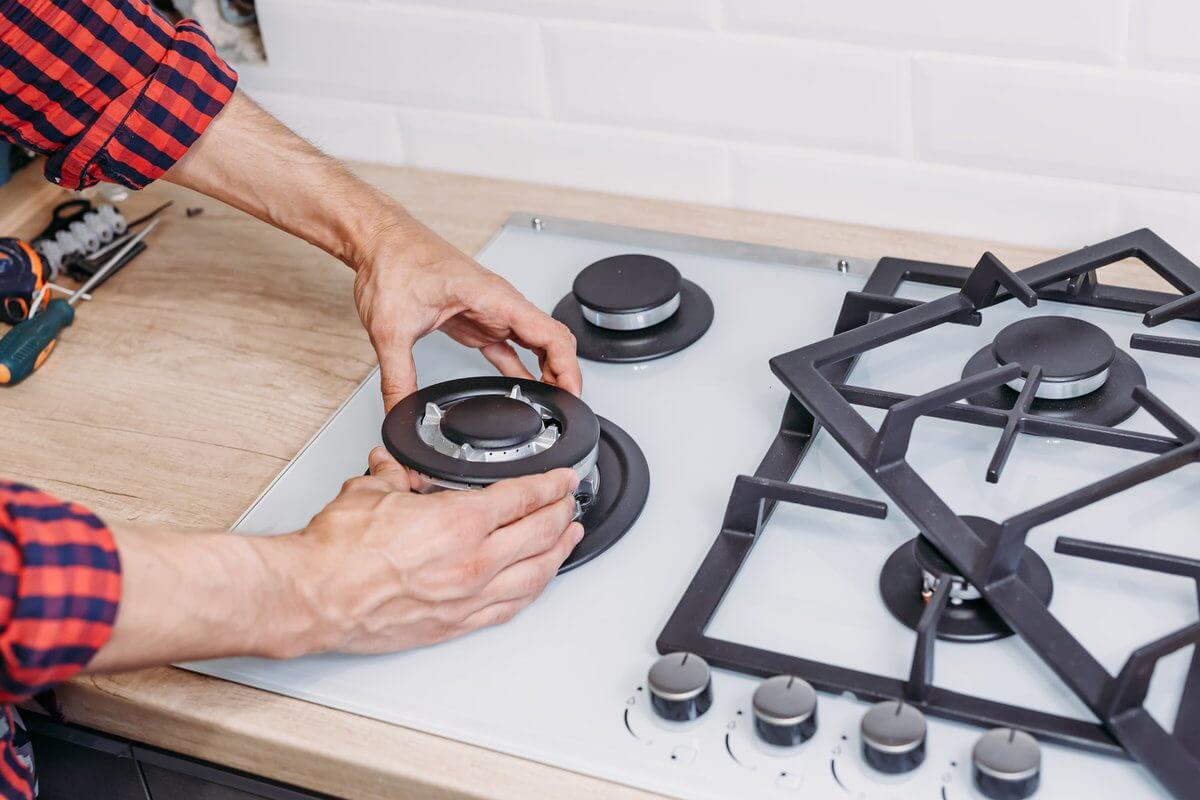
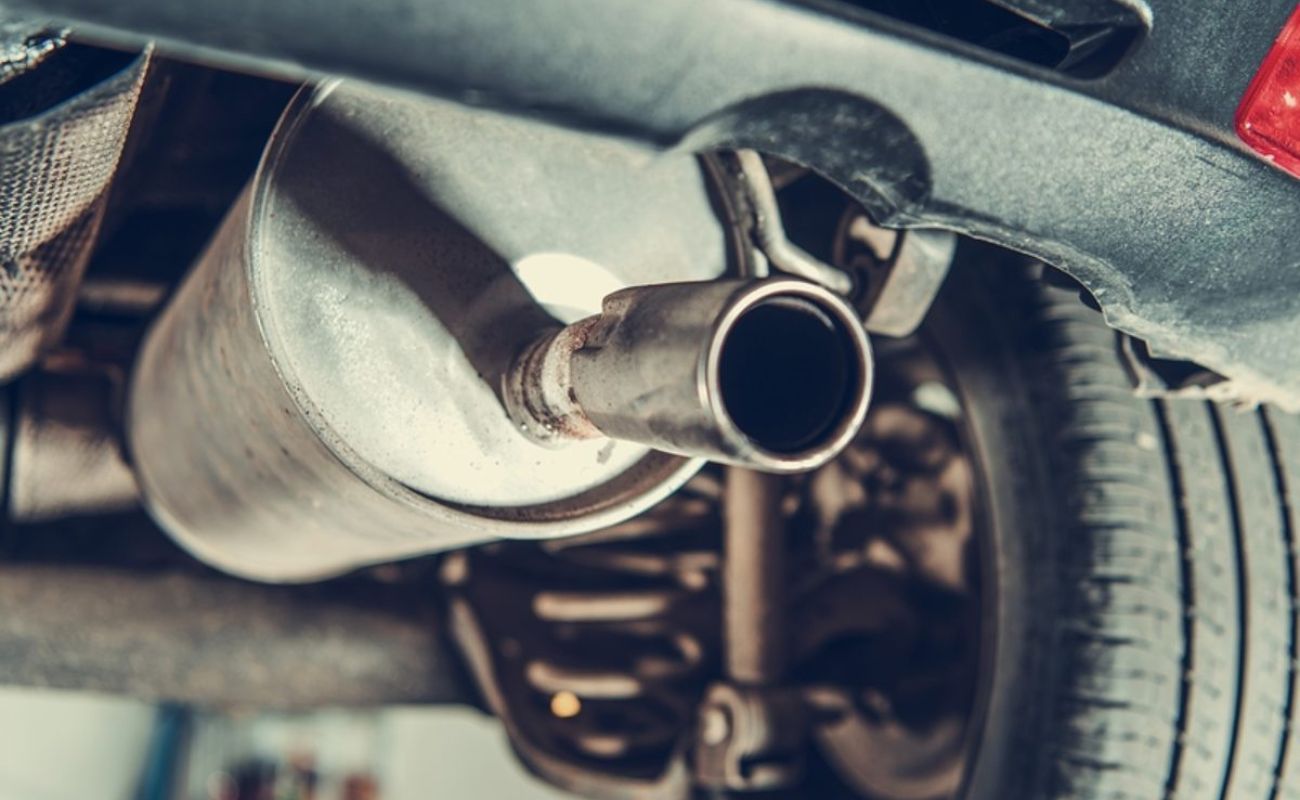
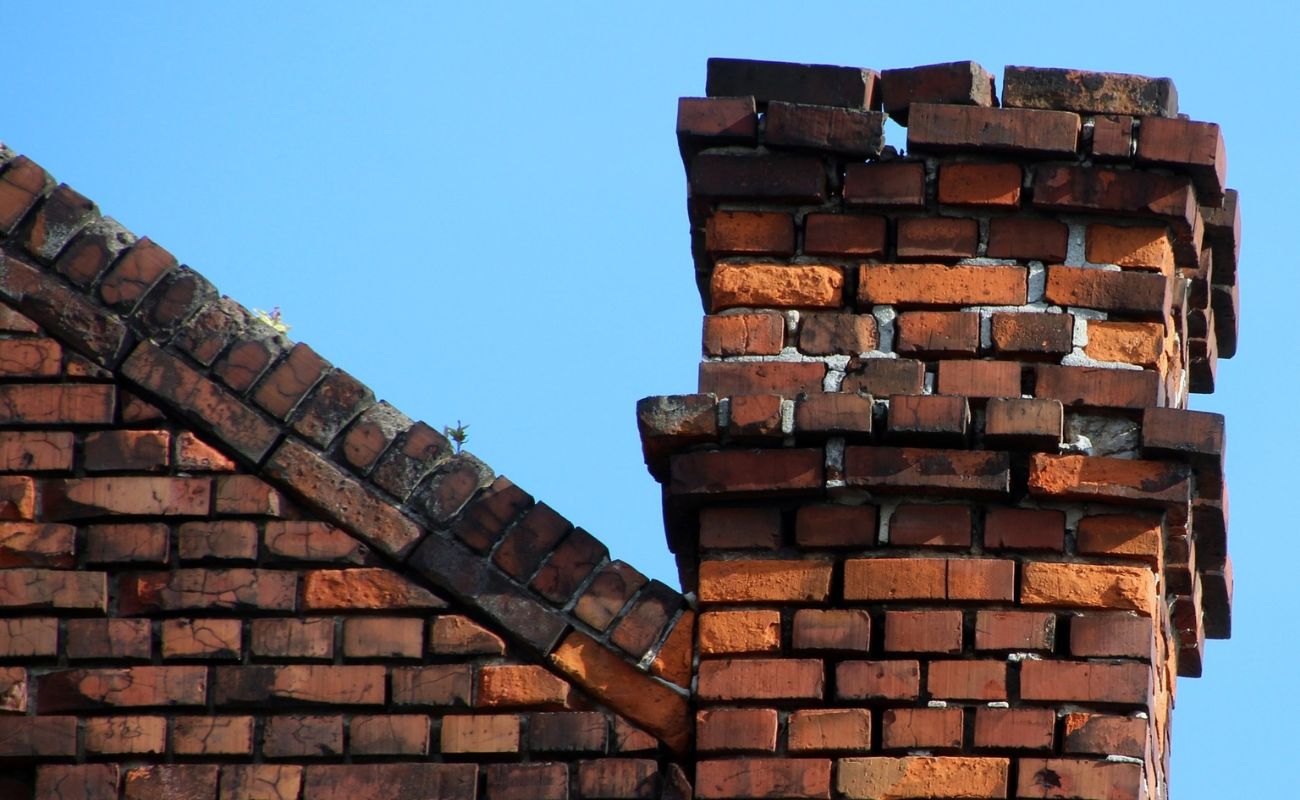
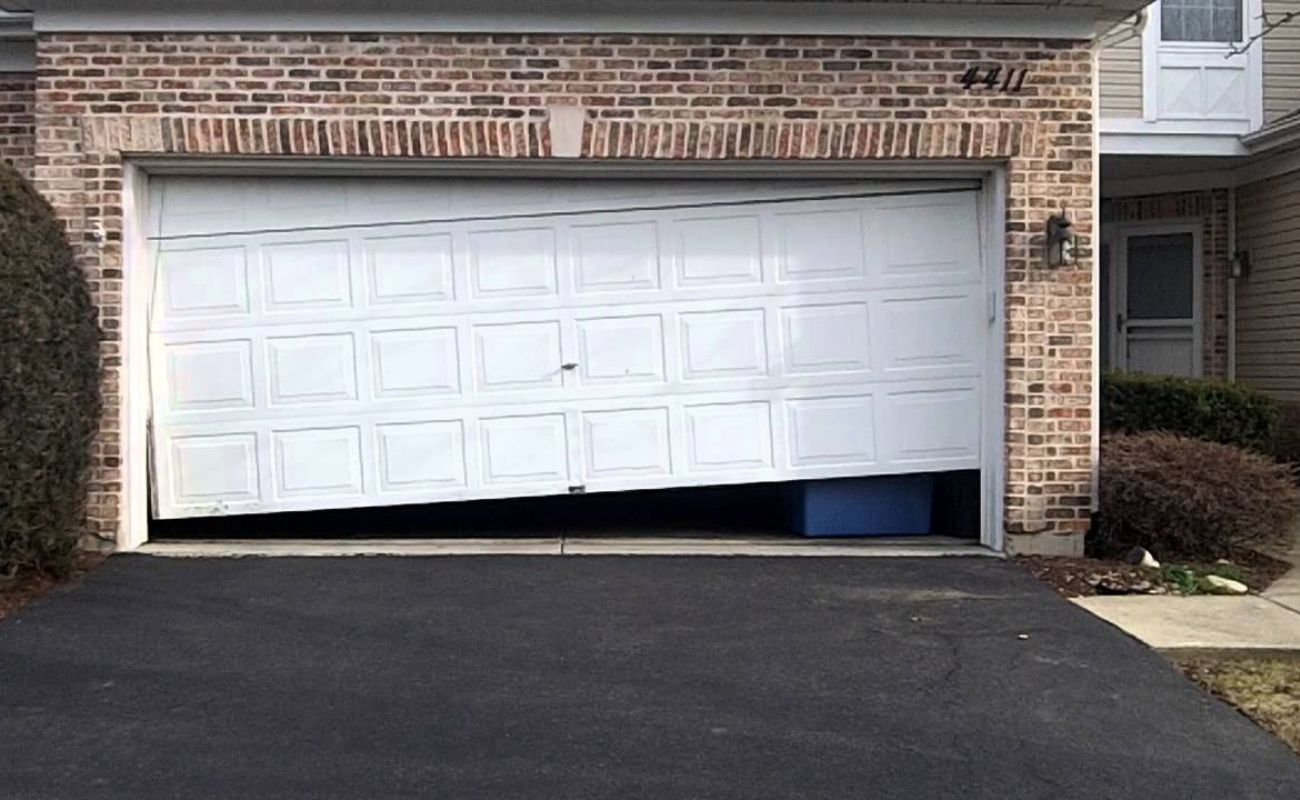
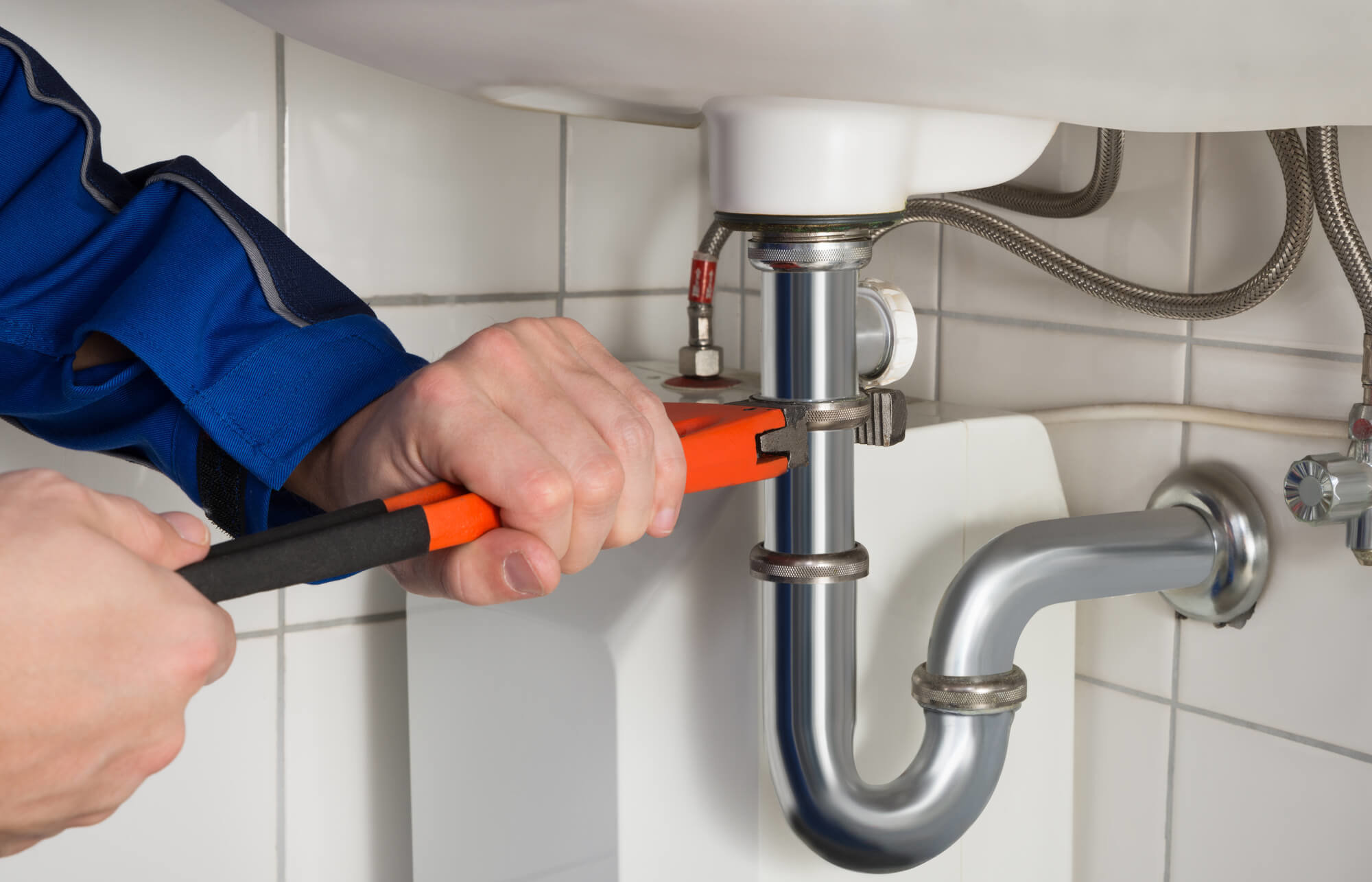
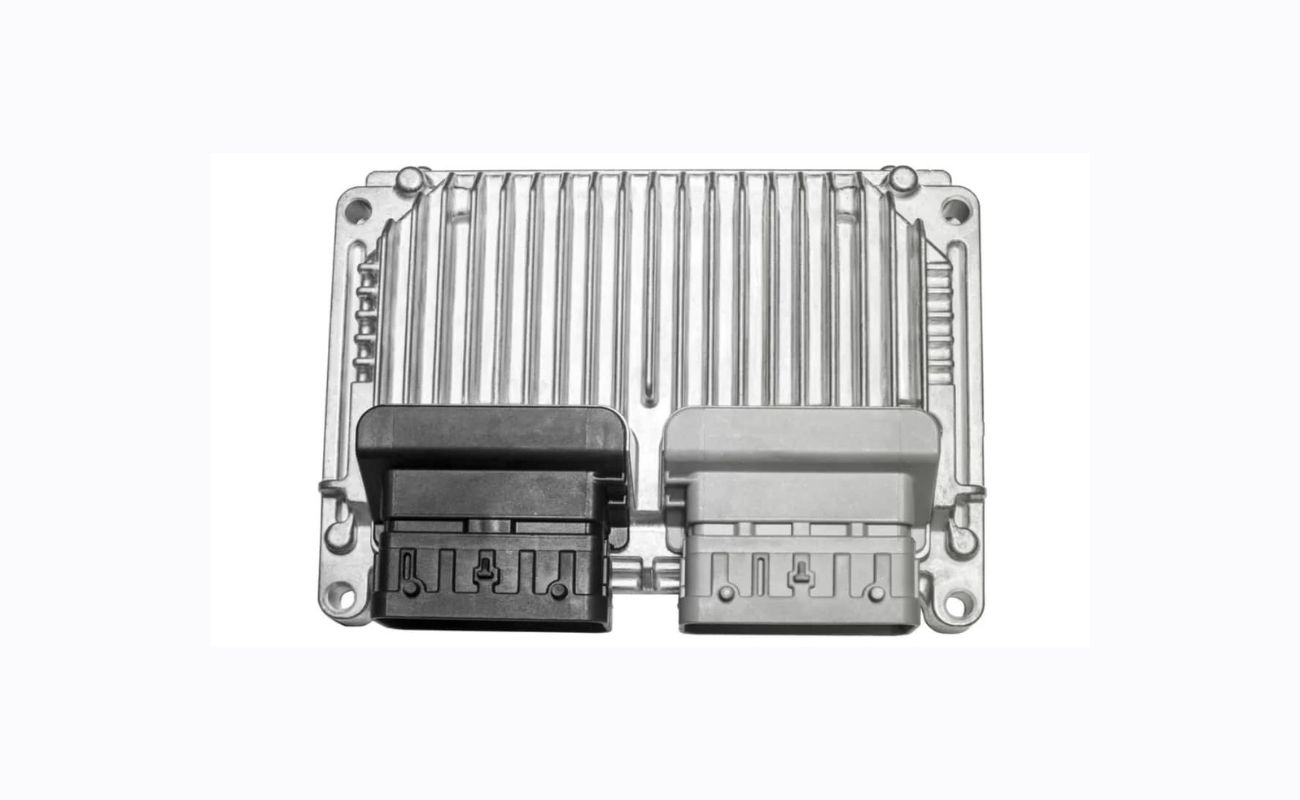

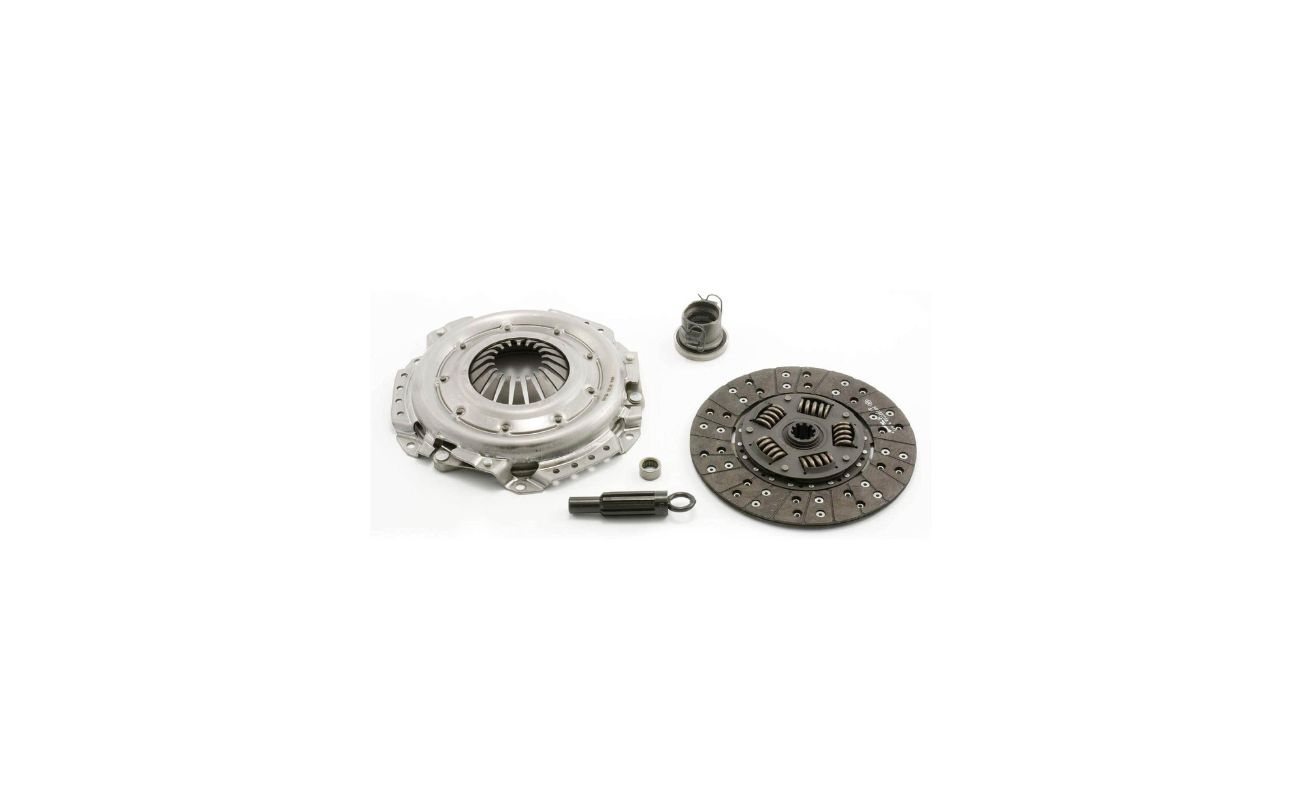

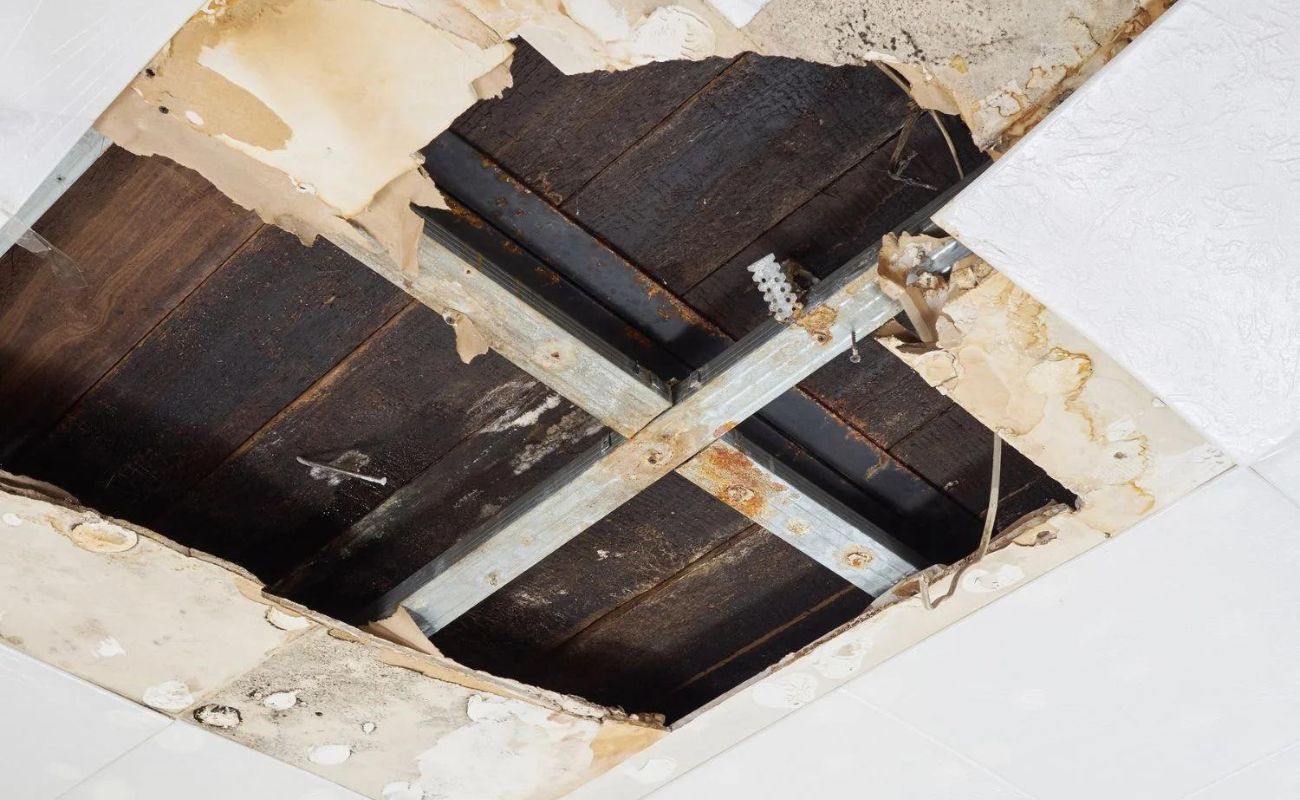
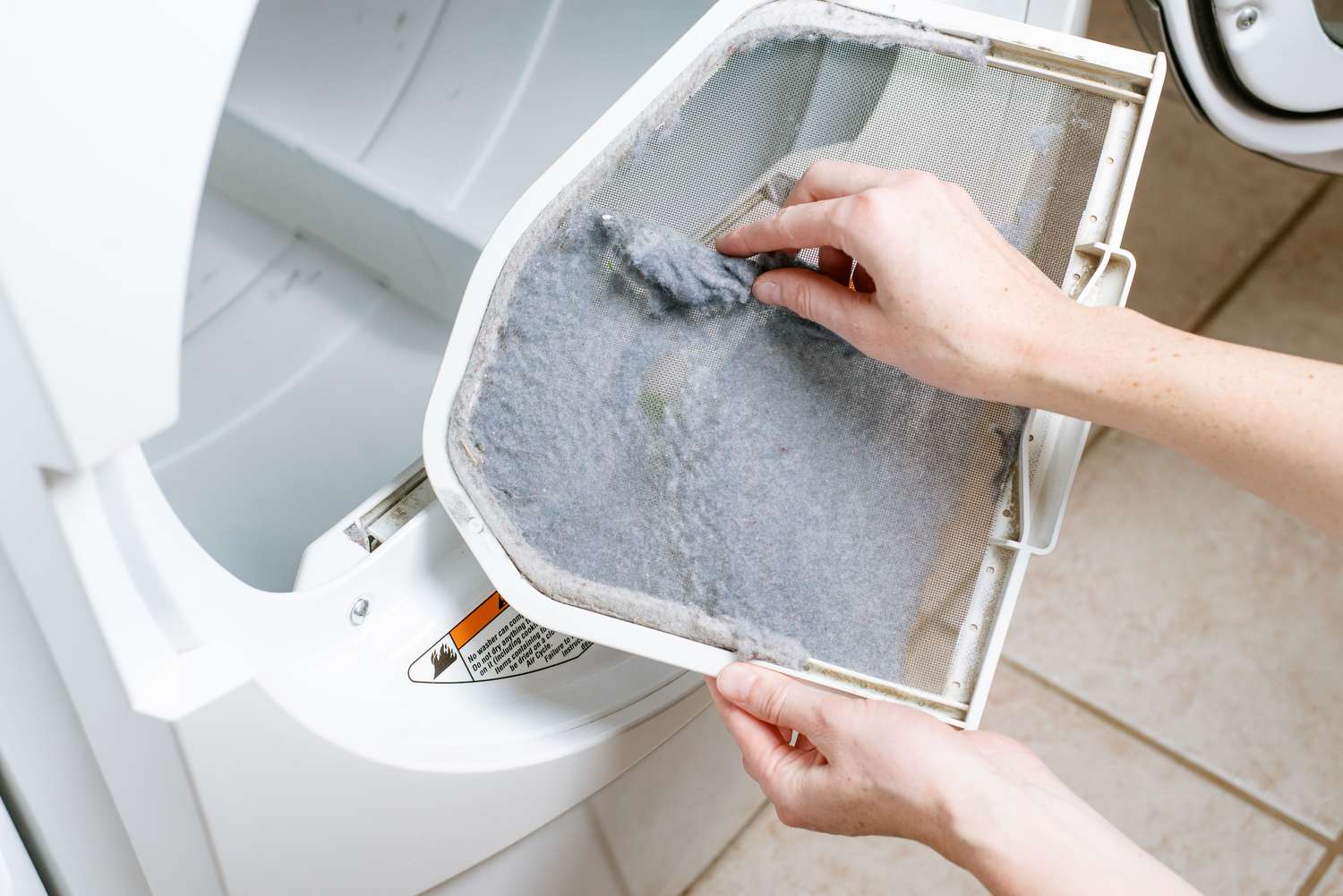

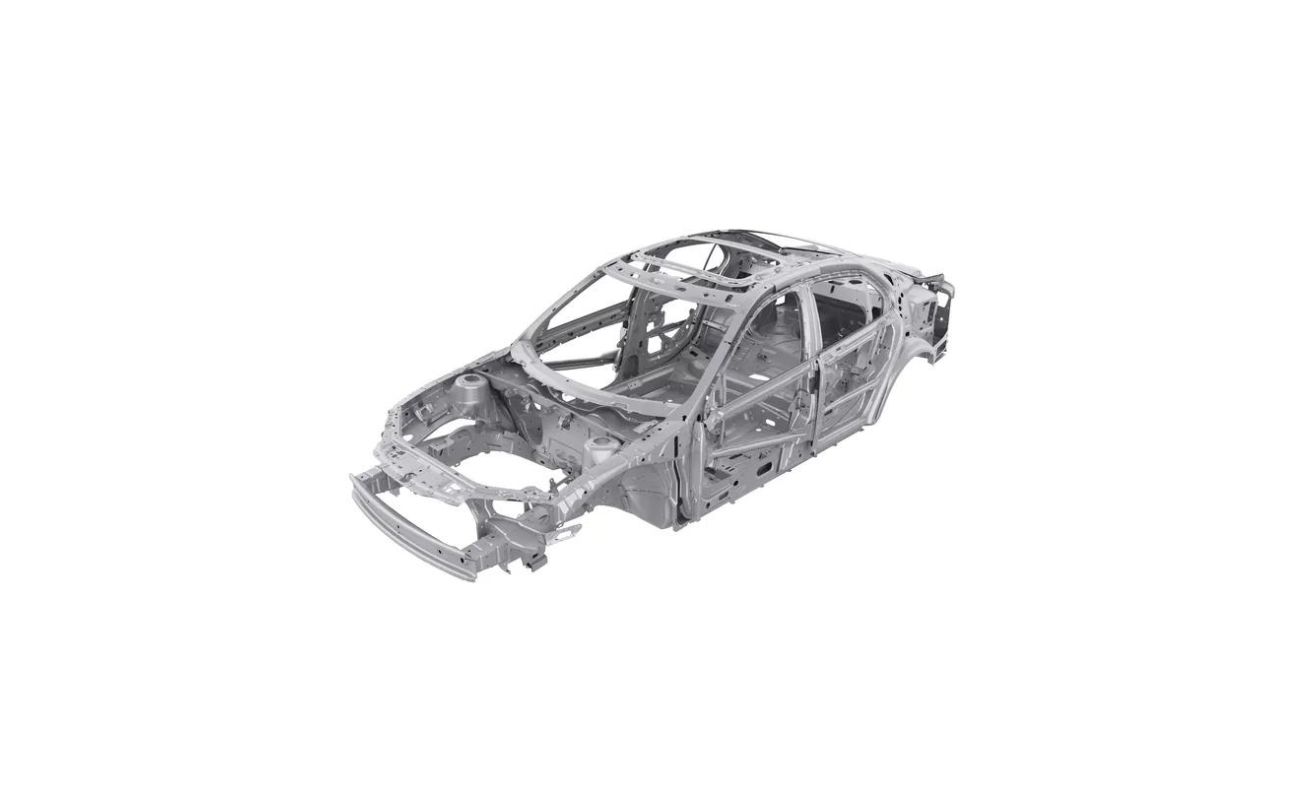
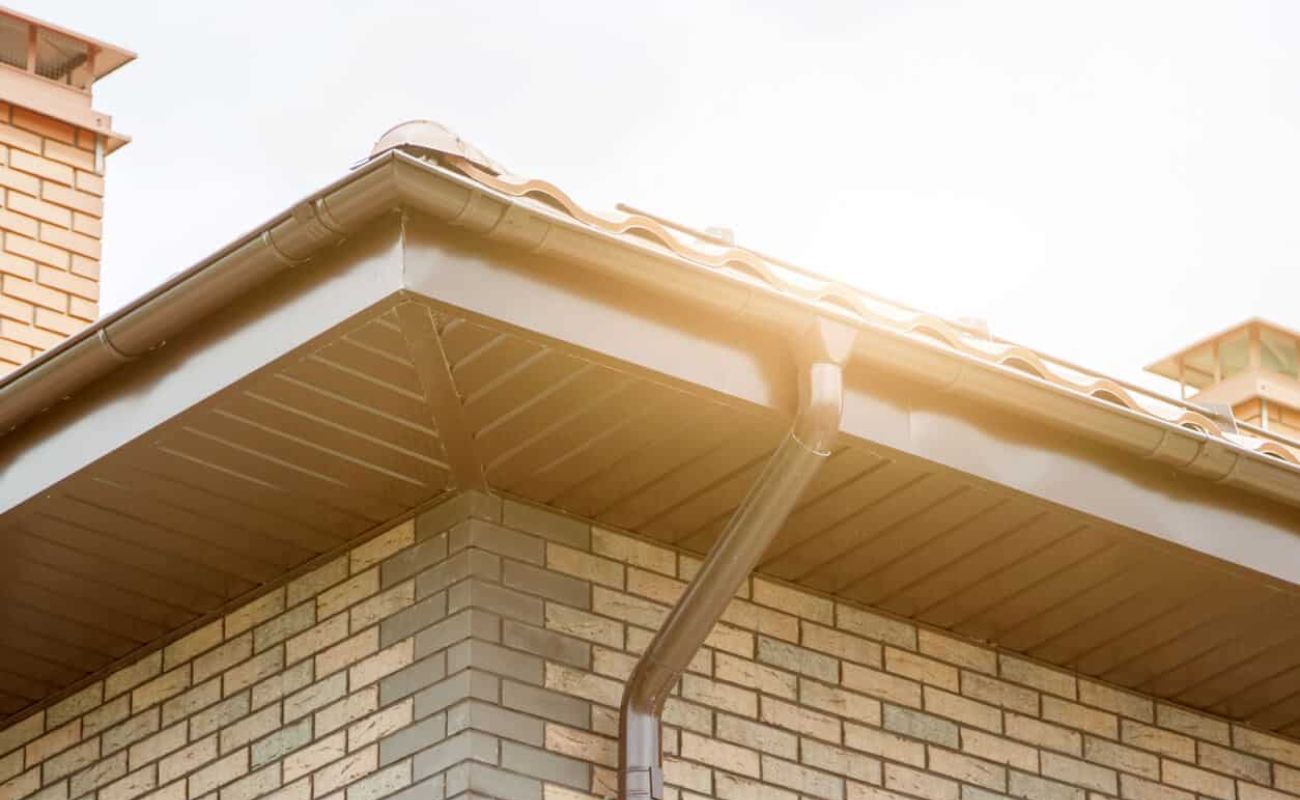

0 thoughts on “How Much Does A Home Inspection Cost In Wisconsin”